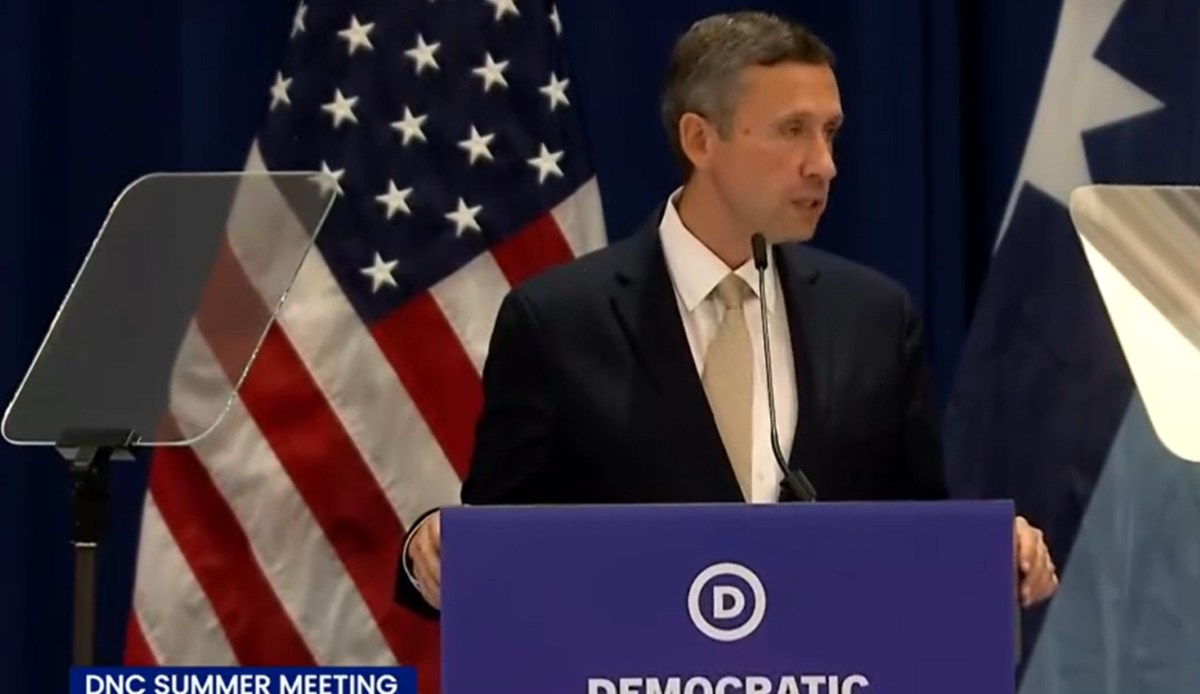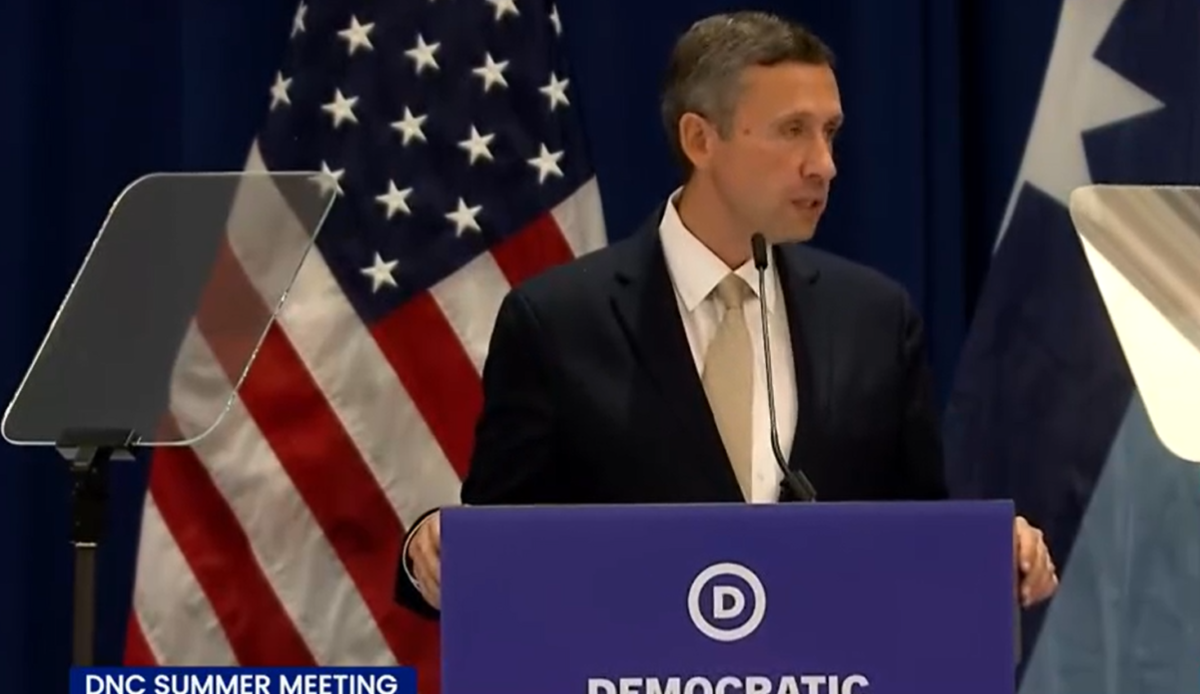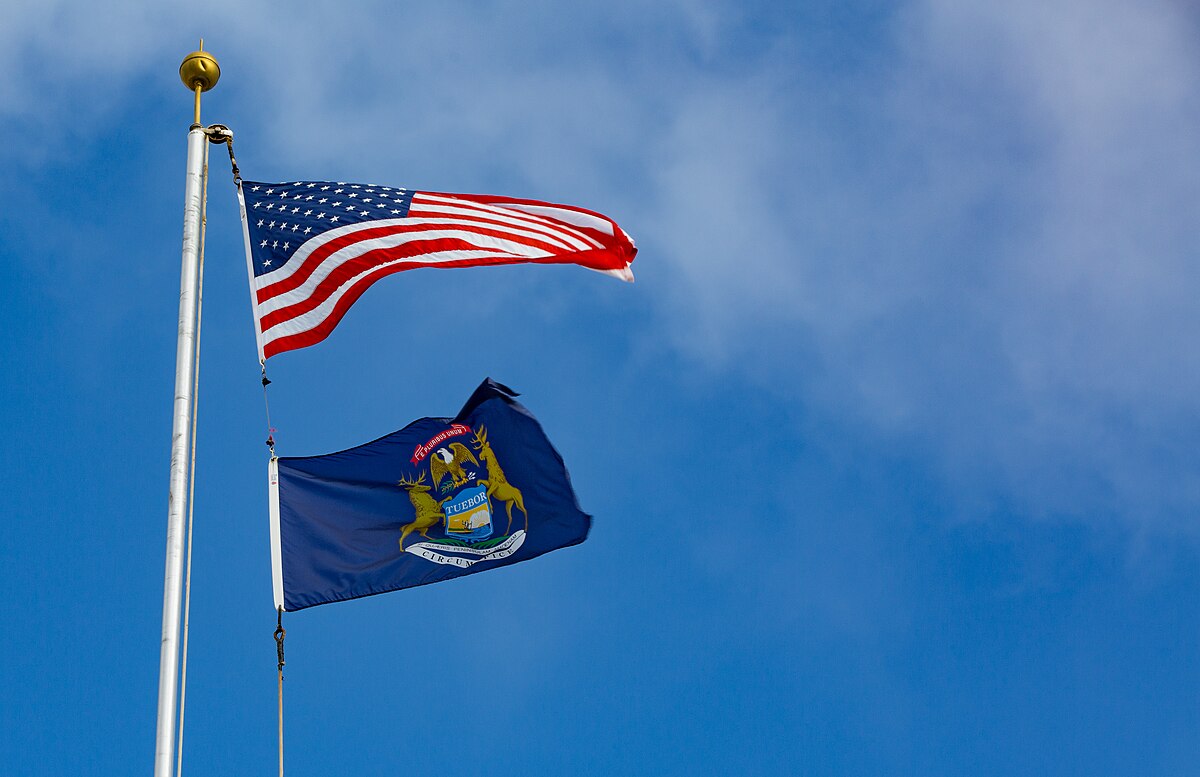A member of the Democratic National Committee has acknowledged that nonpartisan voter registration initiatives have been primarily aimed at boosting Democratic voter turnout. This admission comes amid concerns over declining voter registration numbers among key demographics for the party.
In an analysis published by The New York Times, Shane Goldmacher and Jonah Smith highlighted the reliance of Democrats on a network of nonprofits to register Black, Latino, and younger voters. Although these organizations are labeled as nonpartisan, the assumption has been that most new registrants would lean Democratic.
Maria Cardona, a Democratic strategist and DNC member, stated, “It was never about engaging voters; it was about engaging voters who would vote Democrat.” This statement underscores a shift in strategy as the party grapples with President Donald Trump’s increasing appeal among minority voters.
Cardona further noted, “You can’t just register a young Latino or a young Black voter and assume that they’re going to know that it’s Democrats that have the best policies.” This reflects a growing concern within the party that their traditional voter registration strategies may no longer guarantee support from these groups.
Investigative researcher Parker Thayer pointed out on social media that the focus of these nonpartisan organizations appears to have changed. He remarked, “All of the sudden the ‘nonpartisan’ voter registration nonprofits don’t seem to care about the civic participation of minorities any more.”
The Democratic Party’s strategy has faced scrutiny, particularly following President Joe Biden’s executive order shortly after taking office. This order mandated federal agencies to register and mobilize voters, specifically targeting minority groups that historically vote Democratic. Critics argue this directive has blurred the lines between nonpartisan efforts and partisan objectives.
A report by The Heritage Foundation’s Oversight Project indicated that nearly all participants in a July 2021 listening session related to the Biden administration’s voter registration initiatives were identified as Democrats, with only one participant affiliated with the Green Party.
In addition, reports surfaced regarding the U.S. Department of Agriculture’s involvement in efforts to encourage voting among students in Milwaukee Public Schools, which critics argue could be seen as a partisan maneuver. Similarly, the Interior Department’s Bureau of Indian Education was reported to have used students to carry voter registration cards home, raising questions about compliance with the Hatch Act, which restricts political activities by executive branch employees.
The House Committee on Small Business also found that voter registration events organized by the Small Business Administration in Michigan were concentrated in Democratic strongholds. Minnesota Rep. Pete Stauber noted that approximately 91% of Michigan voters are already registered, questioning the necessity of such efforts in a state where small business owners are more likely to vote than the general population.
Critics have long argued that nonpartisan voter registration schemes are often employed to gain electoral advantages for Democrats. The recent admissions from within the party suggest a recognition of this reality, indicating that these initiatives may not be as neutral as they claim to be. As the political landscape evolves, the effectiveness of these strategies will likely be scrutinized further.
READ ICE Arrests Convicted Criminals in Nationwide Operation



